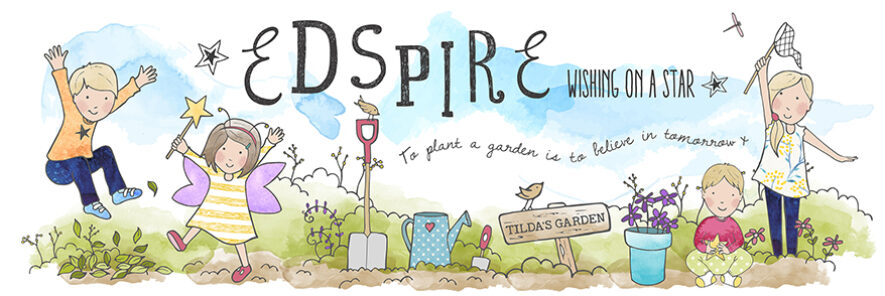At the moment we are feathering our nest
In the form of improving our home
This is where our money is
In our property
Our home

As I am not currently working
I am not paying into a pension scheme
And I often wonder if I should be
Somehow
I also have no money to save
And again I wonder if saving is something I should be doing
Do you save?
I know that my husband does
He is the most financially savvy person I know
And I now at the moment he is feeling the pressure
Of making daily decisions about our house
That will impact our home and our future
Balancing spending, investing and saving is not an easy task
This post talks about finding ways to make saving work
One of the things that was ingrained in me as a child from an early age by my parents was the importance of saving, and that’s something we’ve tried to do now that it’s our turn as parents. Things have changed a bit since I was growing up. Save your pennies, and go stand in the queue to deposit them was roughly the sum of it.
It’s all changed now, but the principles are the same. One stark thing that you do notice is the level of disdain there is for banks these days, and you can understand why. The bailout after the recession ended up being a staggering £850 billion, which is a sum of money that’s difficult to really comprehend.
Given that this was funded by taxpaying families like ours, you would expect that the favour would have somehow been returned by the banks. Yet all we’ve had since are absolutely derisory rates on savings, endless amounts of hassle (despite it being the online age) and the fury of reading about breath-taking executive bonuses. It certainly gives you the urge to keep your family savings under the pillow instead.
The arrival of challenger banks.
Nevertheless, in the interests of ensuring the principle of saving is preserved, it’s important to keep an open mind. And as for the young’uns, there are some good options out there like the Junior ISA, which can be a good starting point for getting them involved with saving, and even investing. It’s important for them to have a hands-on involvement, and to have the feeling of watching their ‘squirrelled away’ pennies growing.However slowly, the world of banking is changing too. The high street had been a closed shop for over a century, but the challenger bank age began when Metro received their licence in 2010, and for all of us, their arrival (and the ones that have followed) is good news.
Not only is more competition going to inevitably mean more money in our pockets and better rates, but with these challenger banks, setting up an account will be as simple as tapping your mobile a few times and being ready to go in a matter of minutes. It’s a virtual way of banking which oozes convenience, and, thankfully, should help to consign the days of having to queue at the bank to history.
Getting the most mileage for your pound.
It will be interesting to see what effects challenger banks have on rates, or at least the perks offered to customers in order to attract them. The truth is there are some decent offers out there. Santander, for example offers a current account which pays a comparatively decent rate of 3%.The other enticing one is the banks who are literally throwing money at us to sign up with them. Probably the most appealing of the lot is the Cooperative Bank, who are offering a juicy £150 to switch to them. That’s a handy perk, which could certainly pay for a family meal or two.
All in all, the savings landscape may still be a bit grim, but there are at least a few rays of light. The important thing is to not be disheartened. There are of course many other ways of safeguarding and maximising family income, but saving is an important pillar, and in this agile, technical age in which we live, it’s important not to just accept the norms we’ve become accustomed to. Embrace change and avoid customer lock in. Because the chances are that, aside from finding that your pennies end up working a lot harder for you, your more dynamic thinking will rub off on your children, and set them on a very good road for life.
This is a collaborative post
